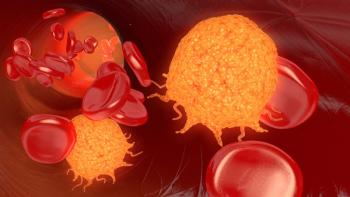
Immunotherapy drug blinatumomab showed benefit in pediatric patients with relapsed acute lymphoblastic leukemia who have minimal residual disease following chemotherapy.
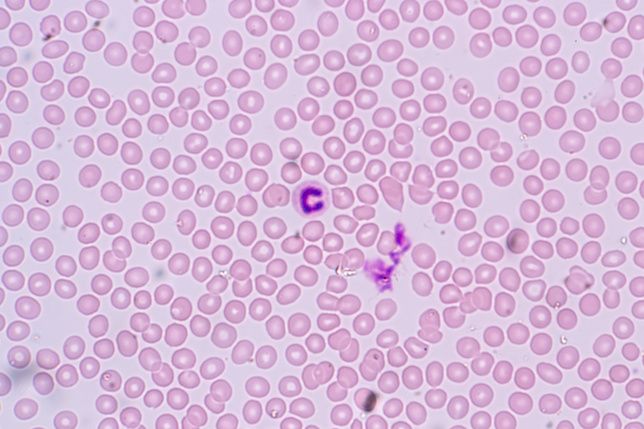

Immunotherapy drug blinatumomab showed benefit in pediatric patients with relapsed acute lymphoblastic leukemia who have minimal residual disease following chemotherapy.
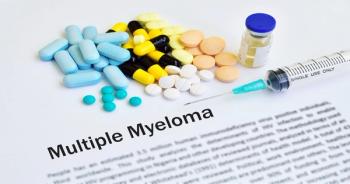
A combination therapy of carfilzomib, dexamethasone, and daratumumab extended progression-free survival when compared with carfilzomib and dexamethasone in patients with relapsed/refractory multiple myeloma.

An oral formulation of azacitidine improved overall survival in patients with acute myeloid leukemia in first remission.

The current observational, longitudinal study focused on patient-reported outcomes on functioning, symptoms, and quality of life in patients with chronic lymphocytic leukemia.

A poster presented at the American Society of Hematology Annual Meeting and Exposition assessed disease-related health care utilization and costs among patients with multiple myeloma.

In a session at the American Society of Hematology Annual Meeting and Exposition, held December 7-10 in Orlando, Florida, experts presented on the evolution of CLL therapy, how to make treatment decisions, and what’s to come in the future based on ongoing studies.
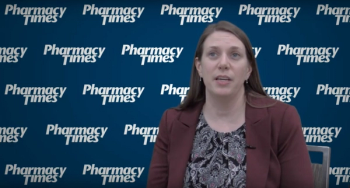
Jennifer Woyach, MD, associate professor at The Ohio State University, gives an overview of the new data in chronic lymphocytic leukemia being presented at the 2019 American Society of Hematology Annual Meeting and Exposition.

Jennifer Woyach, MD, associate professor at The Ohio State University, discusses current clinical trials going on in the chronic lymphocytic leukemia space that are most likely to impact the treatment landscape.
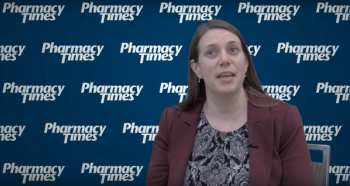
Jennifer Woyach, MD, associate professor at The Ohio State University, explains how patient-specific factors can help determine treatment decisions in chronic lymphocytic leukemia.

The study evaluated lymphoma characteristics and outcomes in hepatitis C virus-associated B-cell non-Hodgkin lymphoma in African American patients.

A novel, off-the-shelf bispecific antibody could serve as a new treatment option for patients with non-Hodgkin lymphoma who don’t respond to CAR T-cell therapy.

A study looked at adherence rates and potential predictors of nonadherence in patients with hemophilia receiving emicizumab.

A prospective analysis of the CLL14 trial showed that fixed-duration treatment of venetoclax plus obinutuzumab achieved high rates of undetectable minimal residual disease.

Patients receiving novel oral therapeutics often have a high dependence on financial assistance; specialty pharmacies may help facilitate access to these therapies.

Pharmacy Times® will be on site at the 61st American Society of Hematology Annual Meeting and Exposition.
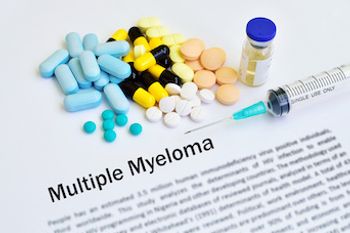
Researchers showed that treating multiple myeloma cells with gamma-secretase inhibitors allowed CAR T-cells to more accurately treat cancer tumors.
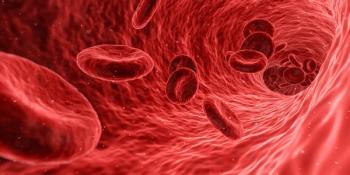
Top news of the day from across the health care landscape.

The FDA granted accelerated approval to zanubrutinib (Brukinsa, BeiGene) for the treatment of mantle cell lymphoma in adults who have received at least 1 prior therapy.

With vincristine in short supply, Teva will resume production of the chemotherapy agent following its previous decision to remove the product from the market.

Survivors of long-term diffuse large B-cell lymphoma found to have a higher risk of developing a second primary cancer.
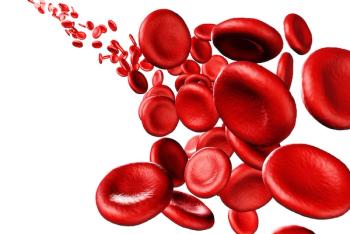
A study looked at the incidence of thrombosis in patients being treated with ibrutinib for hematologic malignancies.

A phase 3 study evaluated ixazomib (Ninlaro, Takeda) in the first-line maintenance therapy setting for patients with multiple myeloma who have not undergone autologous stem cell transplant.

The ADMIRAL trial found that gilteritinib is a significant addition to the treatments available for patients with FLT3 mutation-positive relapsed or refractory acute myeloid leukemia.
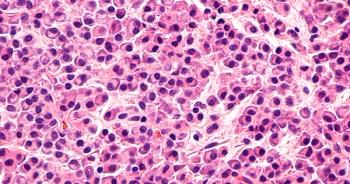
Early treatment with lenalidomide in patients with smoldering multiple myeloma may help delay onset of myeloma-related bone and organ damage.

An ongoing phase 2 study is evaluating SY-1425 plus azacitadine in newly-diagnosed unfit patients with acute myeloid leukemia.